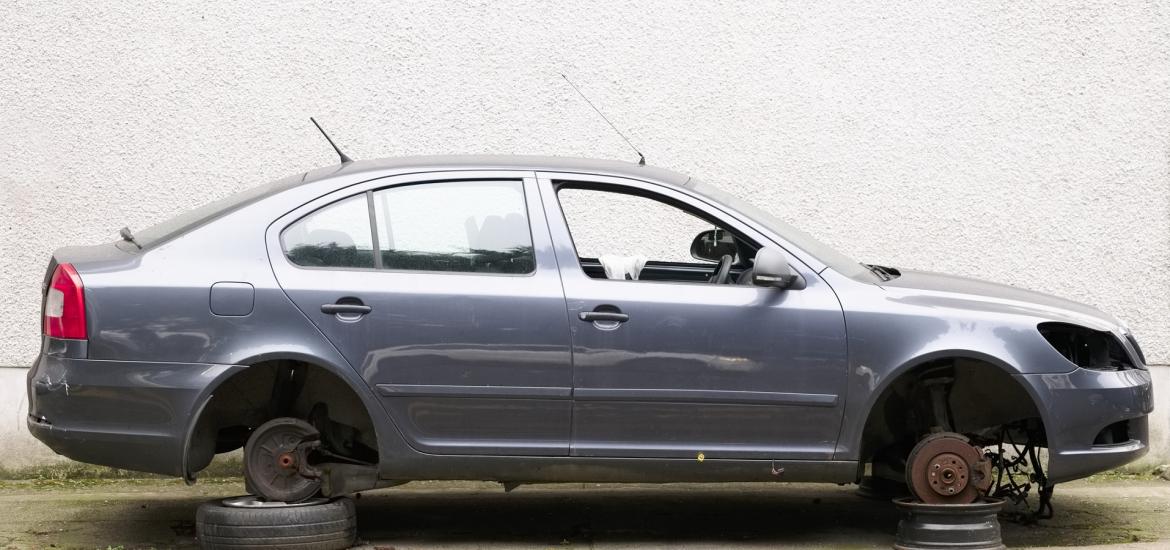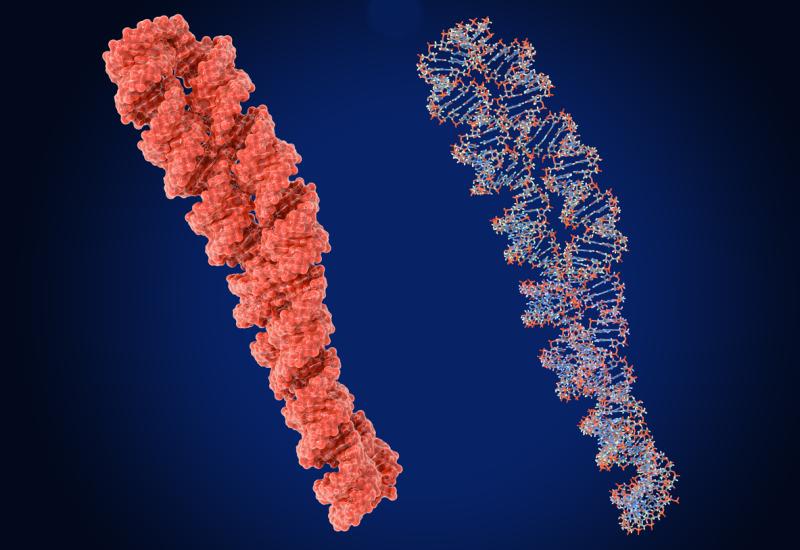
Galapagos split stutters
The group’s point-of-care Car-T push looks to have stalled.
The group’s point-of-care Car-T push looks to have stalled.

Galapagos’s plan to split in two, announced only in January, looks like it's off. The trigger appears to be a loss of faith in the group’s point-of-care manufactured Car-T – an idea that always looked like it could be tough to implement.
The company cited “regulatory and market developments” but, whatever the underlying reason, the group will now be “exploring strategic alternatives” under its new chief executive, Henry Gosebruch. Galapagos has around €3.3bn in cash, which could be used to buy new assets while the cell therapy projects are ditched.
Under the previously disclosed spin-off scheme, Galapagos had planned to keep its oncology cell therapy assets, while creating an unnamed new company that would take the bulk of its funds, €2.45bn, to buy new assets across immunology, oncology and/or virology.
Galapagos’s partner Gilead was set to have 25% stakes in both companies, but the groups' 10-year option, licence and collaboration agreement would only have applied to the new company. The spinout had been due to complete by mid-2025.
But now the split is being re-evaluated, with Galapagos focused on finding a “value-maximising alternative” for the cell therapy business, including divestitures and licensing out. The group had already been looking for partners for its small-molecule candidates, including a TYK2 inhibitor for autoimmune disease.
Fast Car brakes
Galapagos’s lead cell therapy asset is GLPG5101, a CD19-targeted Car-T. While there are plenty of similarly acting therapies, the company’s unique selling point was a “decentralised” manufacturing process that didn’t involve cell freezing, a feature Galapagos said could provide safety and efficacy advantages, as well as a vein-to-vein time of seven days.
At ASH last year, the phase 1/2 Atalanta-1 trial showed similar response rates with GLPG5101 to those with conventional Car-T – which might not have been enough to differentiate the project.
There might also have been practical issues. Rather than relying on a central manufacturing facility, as with established Car-Ts, Galapagos wanted patients to be treated locally at one of many blood centres in a network it planned to establish through a collaboration with Blood Centers of America. One question is whether regulators were on board with this strategy, with product consistency a potential stumbling block.
Galapagos discontinued another CD19-targeting fast Car-T project, GLPG5201, in February, after realising that it would have been too expensive to build a decentralised manufacturing network for two different cell therapies that act the same way.
The group has also been collaborating with Adaptimmune on the latter’s MAGE-A4 directed TCR T-cell therapy candidate uzatresgene autoleucel, using the decentralised manufacturing platform; presumably, this asset will return to Adaptimmune.
Galapagos’s stock closed up 7%, with investors apparently glad to see the back of the cell therapy assets. Now they’ll want to know what the company will do next.
On the scrapheap? Galapagos’s clinical-stage point-of-care manufactured Car-Ts
| Project | Target | Status |
|---|---|---|
| GLPG5101 | CD19 | Data from ph1/2 Atalanta-1 at ASH 2024; pivotal trial in mantle cell lymphoma had been planned for 2026 |
| GLPG5301 | BCMA | Ph1/2 Papilio-1 had been enrolling with topline data expected in 2026 |
| GLPG5201 | CD19 | Discontinued Feb 2025 |
Source: OncologyPipeline & company releases.
1721













